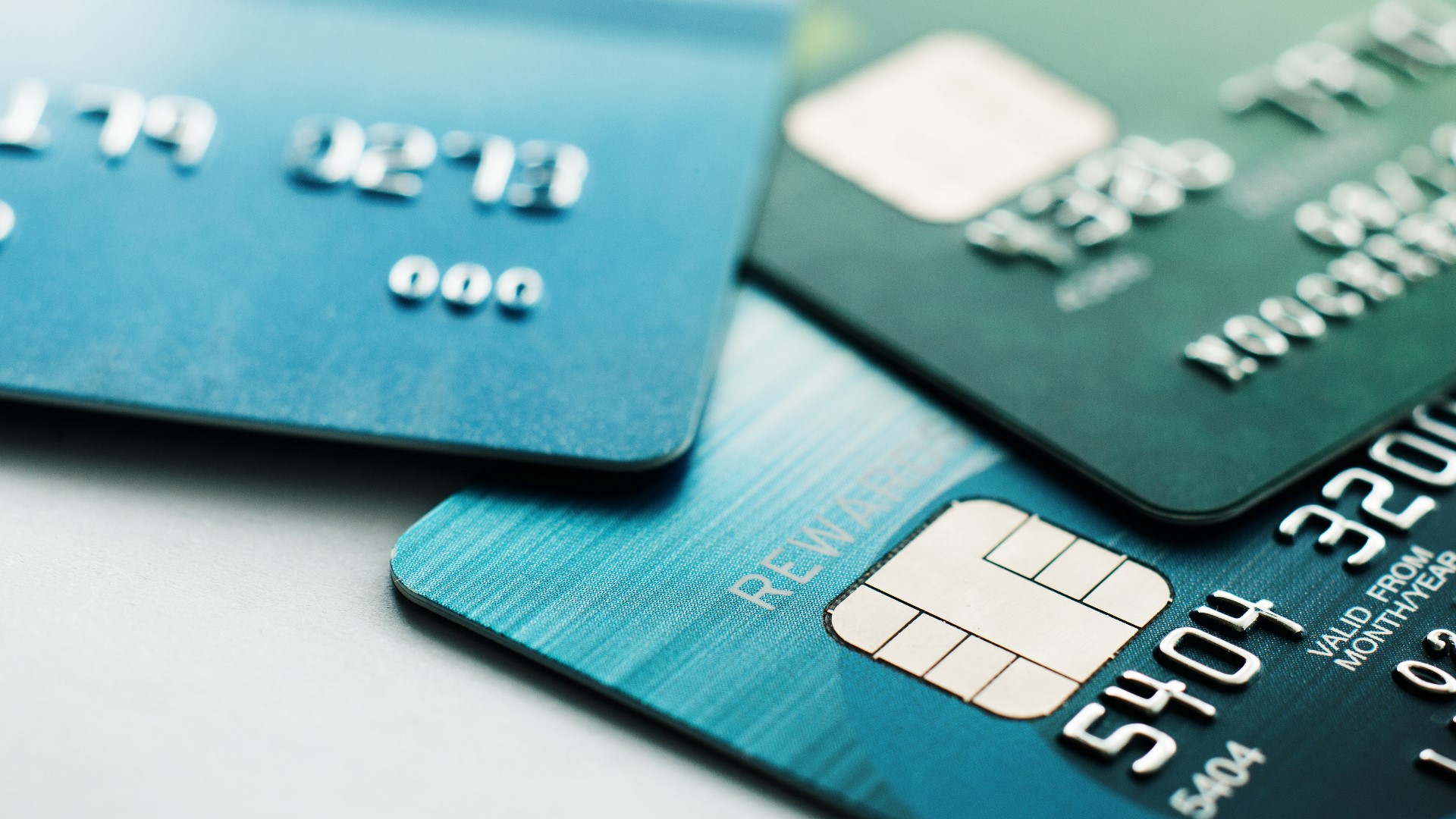GREENSBORO, N.C. — Zero percent credit cards are a great tool to use when you need to make a big purchase but you need to pay it off over time interest-free. A few good examples of this are new refrigerators, or maybe a set of tires for the car. But the one thing you should never put on your credit card is any kind of medical bill.
"My main thing is, do not put it on a credit card," said Lisa Gill, Consumer Reports Investigative Reporter.
Here's why she says that. Experian, Equifax, and Trans Union agreed to treat medical debt on credit reports with greater leniency than other forms of consumer debt. For example, new unpaid medical bills won't be added to a credit report for 12 months, compared to other debt which is added to the report within 60 to 120 days. But if you use a credit card to pay the medical bill ...
"When it shows up as a debt, either from a debt collector or on a credit report, when it has been put on a credit card it loses every single protection and you are 100% on the hook for it and you're stuck with like having to pay that interest," said Gill.
So, what do you do if you don't have the full amount to pay it now and you shouldn't put it on a credit card? There is a solution: the payment plan.
"Asking these places for payment plans, asking them for deferred payment telling them no, just push your back. Like I can't, that's not gonna happen. I can give you a, you know, $500 now and I could put on a payment plan for something else," said Gill.
Payment plans from hospitals and providers are common. It's worth asking to be able to pay your bills without breaking the budget or paying a lot of interest from a card.

